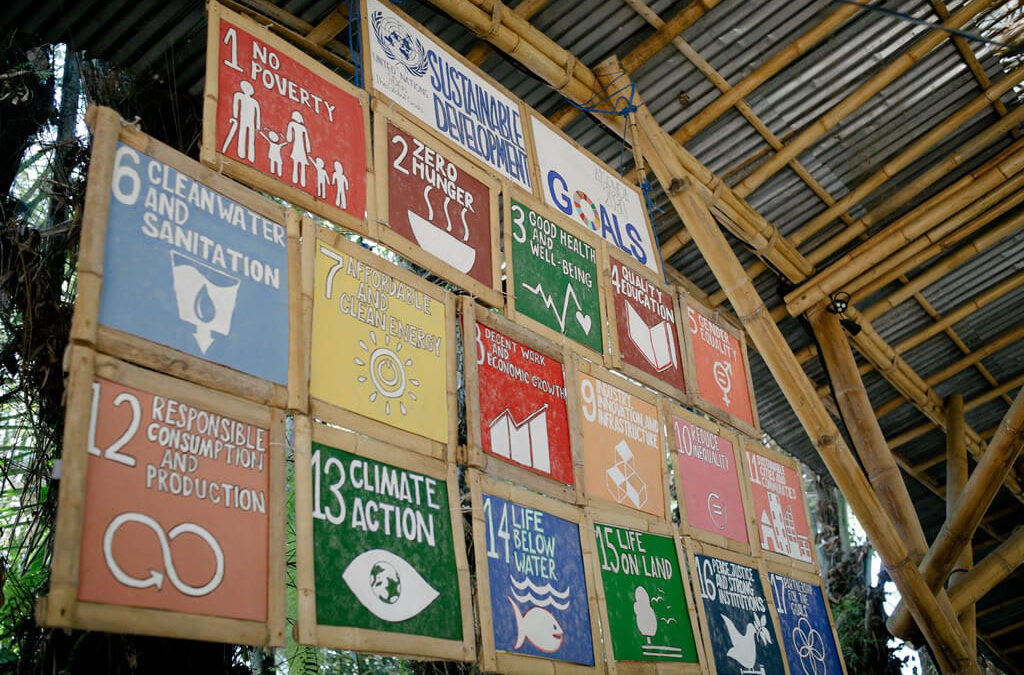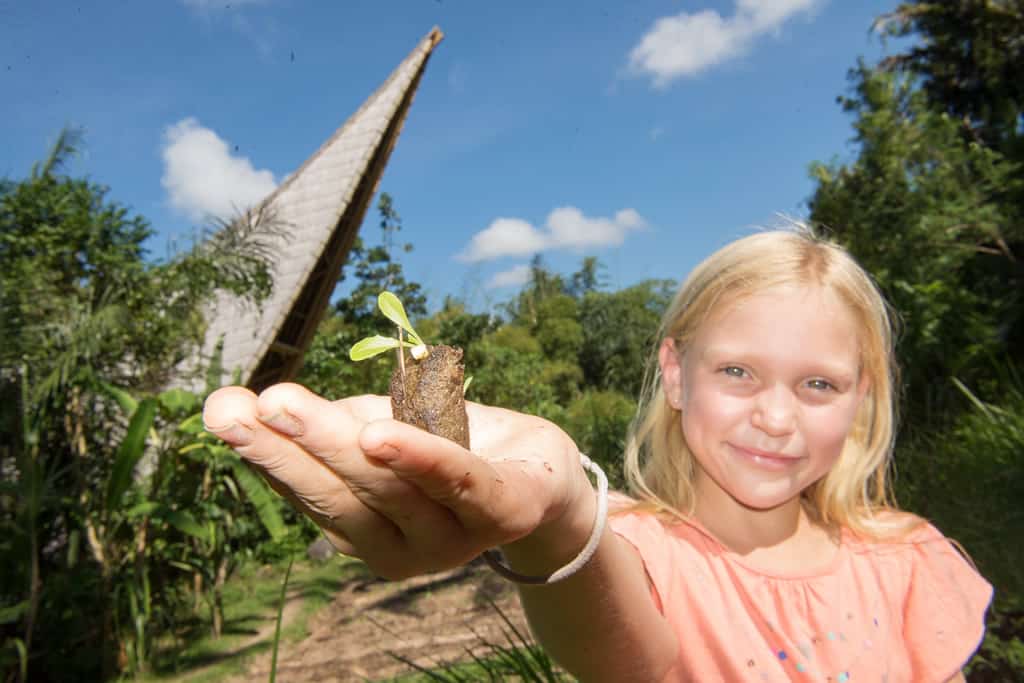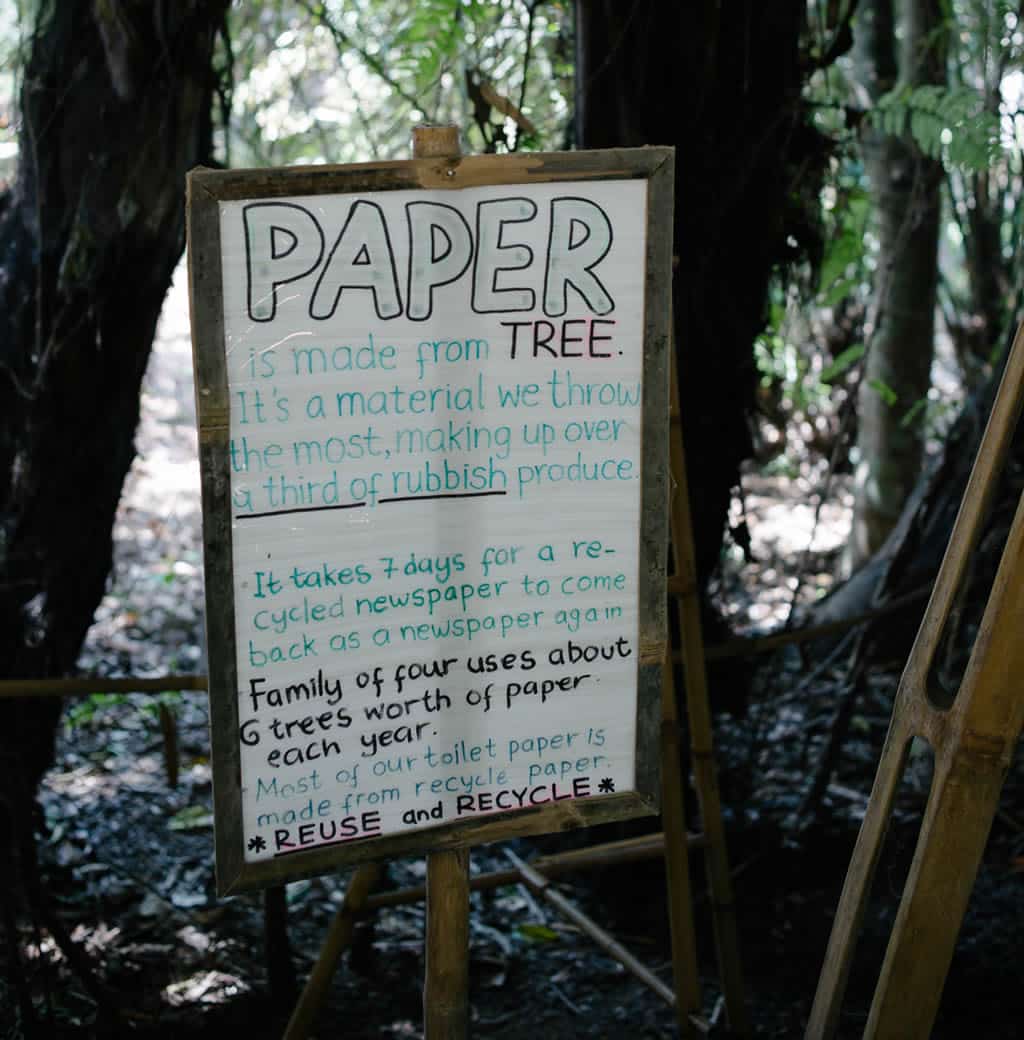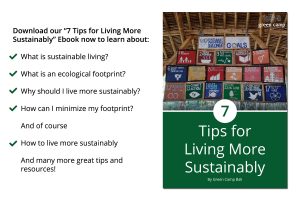Big impacts start with little efforts. As holiday season approaches, review these tips for keeping your eco-friendly consciousness in check on the road.
Let’s face it. In reality, convenience is our utmost priority when traveling. How many people can take the time to calculate carbon offsetting when you have to make sure your child just gets through the plane ride? As much as we support eco-friendly travel, the efforts to practice this must be sustainable in themselves. So while you’re off taking a much needed vacation, consider these practices to assure that at least the environment doesn’t suffer while you’re at it.
1. Start With The Little Things
When a hotel encourages you to reuse your towel to conserve water, they mean it. According to Travel + Leisure, a “300-room hotel can save around 52,000 gallons of water per year” if they reinforce the reuse of towels. There’s a tendency for some guests to ditch the everyday rulebook so they can get their every penny’s worth at a hotel; yet it’s the environment that ends up footing the bill. Treat the hotel as you would your home — turn off cooling/heating systems when you leave, unplug appliances when not in use, and if you don’t need it, decline housekeeping lest your sheets be washed daily. It’s been said many times before, but apply this habit to reusable plastic by bringing your own water bottle, straw and shopping bag. If the kids behind Bali initiative, Bye Bye Plastic Bags can do it, so can you.
2. Support Sustainable Tours
Eco-friendly extends beyond being mindful of nature but also respecting the culture and community of a place. Is a tour outfitter over-promising on an encounter with animals or immersion with indigenous people? Are they comfortable when you ask more questions about their business? Lonely Planet recommends these factors for evaluation: “The company proudly promotes their ethical practices. They use green office products. You can tangibly see how they contribute to the community. They respect the local flora and fauna. They take destination-specific social and political issues into account.” More than making these choices for the bigger picture, you’ll often find that sustainable tours offer a more authentic and memorable experience.
3. Eat And Shop Mindfully
“I’ll have one cacao smoothie, please!” Trying local dishes and ingredients don’t just make for a fresh meal; it contributes to the local economy and decreases energy consumption otherwise used for importing foreign produce. In Ubud, there are a number of locally-integrated establishments like Alchemy and Bali Buda<span “> while for budget options, family-owned warungs offer that distinct, homemade flavor. Shopping for that you-can-only-get this-here souvenir? Bali’s craftsmanship culture yields beautiful textiles, woodwork, ceramics, and more. You may be primed to practice your expert haggling skills; but know when to put a cap on it. Ask around for standard market prices to strike a balance between fair for you, fair for the vendor.
4. Utilize The Power Of The Internet
Ecosia is a search engine that funds planting trees from ad revenues generated through searches. All you need to do is install it as a free browser extension. As of 2017, 15 million trees have been planted. Doubtful? Check their monthly financial reports here. Another simple effort: use social media to acknowledge eco-friendliness. Post a note from a hotel, a restaurant’s efforts, a tour’s advocacy, a clothing brand’s worthy cause — it all begins with you.







